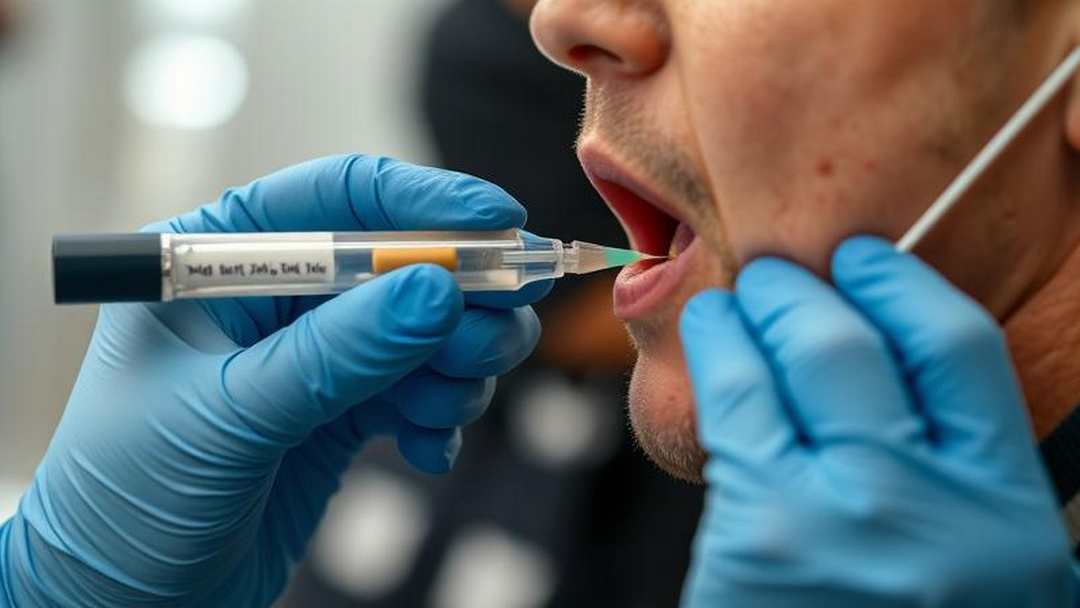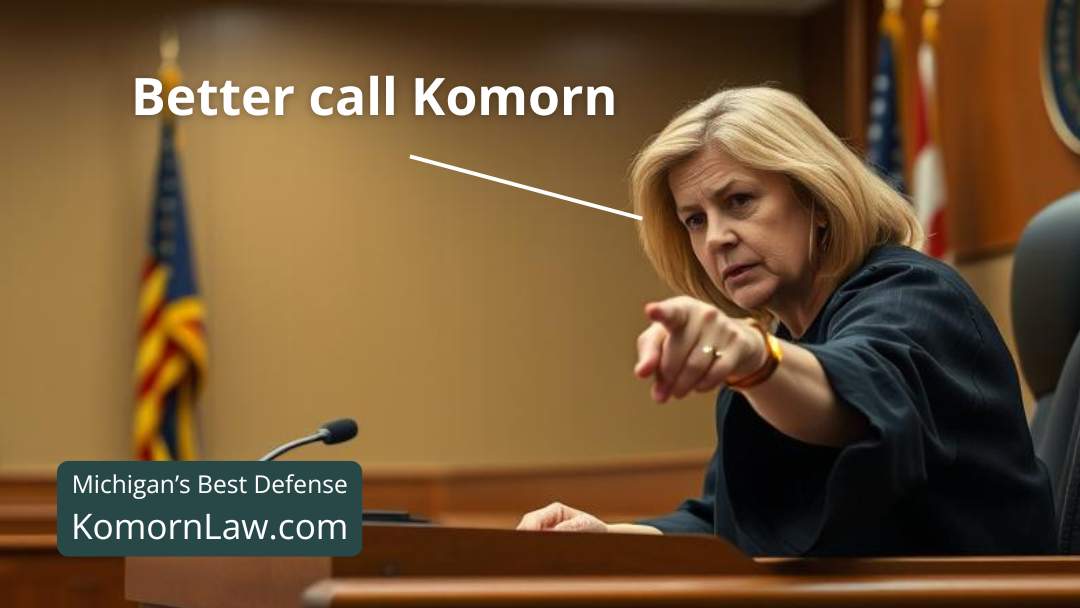THC Detection in Blood: Challenges and Implications
When it comes to enforcing drugged driving laws, police and employers face a unique challenge with marijuana. Unlike alcohol, which is metabolized and eliminated relatively quickly, THC, the psychoactive compound in marijuana, can remain detectable in the blood for several days or even weeks after use.
This is because THC is highly fat-soluble, meaning that it dissolves easily in fat cells. Once THC is absorbed into the bloodstream, it is distributed throughout the body, including the fat cells. When THC reaches the brain, it binds to cannabinoid receptors, producing the intoxicating effects associated with marijuana use.
As the intoxicating effects of THC wear off, it is released from the brain and redistributed to other tissues, including the fat cells. THC can be stored in fat cells for weeks or even months, and it is released slowly back into the bloodstream over time.
This means that a blood test for THC can detect past marijuana use, even if the individual is no longer under the influence. This poses a challenge for law enforcement and employers, who may want to use blood tests to identify drivers or employees who are currently impaired by marijuana.
Scientific Evidence
A number of studies have investigated the relationship between THC blood levels and impairment. One study found that THC blood levels above 5 ng/mL were associated with an increased risk of impaired driving performance. However, another study found that some individuals with THC blood levels below 5 ng/mL were still impaired, while others with THC blood levels above 5 ng/mL were not impaired.
These findings suggest that THC blood levels are not a reliable indicator of impairment. Other factors, such as individual metabolism, tolerance, and route of administration, can also play a role.
Implications
The limitations of THC blood tests for detecting impairment have important implications for law enforcement and employers. Law enforcement officers should not rely solely on blood tests to determine whether a driver is impaired by marijuana. They should also consider other factors, such as the driver’s behavior and performance on field sobriety tests.
Employers who use blood tests to screen employees for marijuana use should be aware that a positive test result does not necessarily mean that the employee is impaired at work. Employers should have a clear policy in place for responding to positive drug tests, and they should take into account all relevant factors, such as the employee’s job duties and performance.
Conclusion
THC detection in blood is a complex issue with important implications for law enforcement and employers. It is important to understand the limitations of THC blood tests and to use them in conjunction with other information to assess impairment.
Implications
The limitations of THC blood tests for detecting impairment have important implications for law enforcement and employers. Law enforcement officers should not rely solely on blood tests to determine whether a driver is impaired by marijuana. They should also consider other factors, such as the driver’s behavior and performance on field sobriety tests.
Employers who use blood tests to screen employees for marijuana use should be aware that a positive test result does not necessarily mean that the employee is impaired at work. Employers should have a clear policy in place for responding to positive drug tests, and they should take into account all relevant factors, such as the employee’s job duties and performance.
Conclusion
THC detection in blood is a complex issue with important implications for law enforcement and employers. It is important to understand the limitations of THC blood tests and to use them in conjunction with other information to assess impairment.
Conclusion
THC detection in blood is a complex issue with important implications for law enforcement and employers. It is important to understand the limitations of THC blood tests and to use them in conjunction with other information to assess impairment.
Did You Know
Michigan State Police Legal Updates
MSP Legal Update No. 153 (01/2023)
- Search & Seizure: The smell of marihuana, standing alone, no longer constitutes probable cause to search for that substance
- Vehicle Code: Violation for impeding traffic requires evidence the accused’s conduct actually affected the normal flow of traffic.
Legal Update No. 153 (01/2023)
MSP Legal Update No. 150 (01/2022)
- Vehicle Code: Persons under the age of 21 may be prosecuted for operating a motor vehicle with the presence of marihuana in their system
- Criminal Law: Ethnic intimidation based on gender includes harassing or intimidating another person because of the actual or perceived gender of that person.
Legal Update No. 150 (01/2022)
Legal Update No. 148 (09/2021)
Legal Update No. 148 (09/2021)
Legal Update No. 147 (03/2021)
More Posts

Legal Tip – Driving High on Cannabis in Michigan
Driving under the influence of cannabis is illegal and carries serious consequences in Michigan.We have fought and won many cases from the District Courts, Circuit Courts, Court of Appeals and the Supreme Court through out the State of Michigan. We have also fought...

Michigan House Bill NO. 4391
It may just be easier to collect and analyze tears.This legislation seeks to integrate saliva testing for cannabis within law enforcement procedures, designating a refusal to participate in this testing as a criminal offense, similar to the penalties imposed for...

Legal Tip – Your Rights During a DUI Stop in Michigan
Komorn Law - Quick Legal TipsLegal Tip: Understanding Your Rights During a DUI Stop in Michigan A DUI stop can be stressful, but knowing your rights is crucial. You have the right to remain silent. You are not obligated to answer questions beyond basic identification....

How Much Does It Cost To Hire a Criminal Defense Attorney?
Don't do the crime - if you can't pay the price.Average Flat Fees. Some criminal defense attorneys charge a flat fee for certain types of cases, instead of billing by the hour. This may or may not include filing fees, motions, fees, etc. Flat fees include: DUI/DWI –...

What do you do when you are pulled over for suspected DUI?
If you are pulled over for suspected drunk driving you are probably going to be arrested. The less you say - the better off you are in the long run. If you find yourself being pulled over for suspected DUI, ensure you pull over safely to the roadside, maintain a...

One of Michigan’s Top DUI Attorneys
We aggressively defend all aspects of traffic law, from simple civil infractions to more serious alcohol and drug-related offenses. Don't wait till the last second to get an attorney. That's how you lose.Why Attorney Michael Komorn is one of Michigan’s Top DUI...

Michigan DUI Laws and Consequences – Second Offense
Michigan DUI Laws and Consequences – Second Offense Operating Under the Influence (OUI) is a serious offense in Michigan. If someone is caught driving under the influence of alcohol or drugs, they can face severe penalties. When it comes to a second offense, the...

Federal Ban on Owning Firearms by Cannabis Consumers is Unconstitutional Court Says
Federal charges against a non-violent, cannabis-using gun owner were unconstitutional.A federal appeals court panel upheld a lower court's ruling on Wednesday, declaring that federal charges against a non-violent, cannabis-using gun owner were unconstitutional. “The...

Michigan DUI Laws and Consequences – First Offense
First Offense DUI in Michigan: Laws and ConsequencesFacing a first offense DUI in Michigan can be daunting as the implications are significant and the legal landscape is complex. Understanding the laws surrounding Operating While Intoxicated is essential, as these...

Michigan Appeals Court Decision on Cannabis Use and Probation
Michigan Court of Appeals - Recreational Cannabis Use and ProbationRecently, another pivotal case, People v. Lopez-Hernandez, was decided by the Michigan Court of AppealsAt Komorn Law, we are dedicated to protecting the rights of our clients and staying at the...











